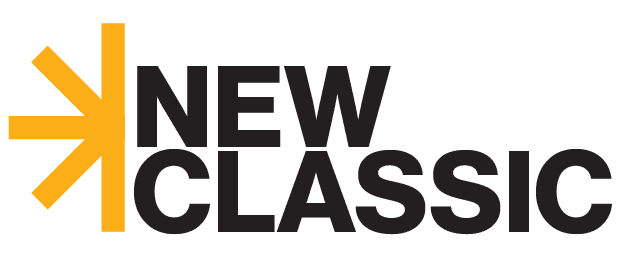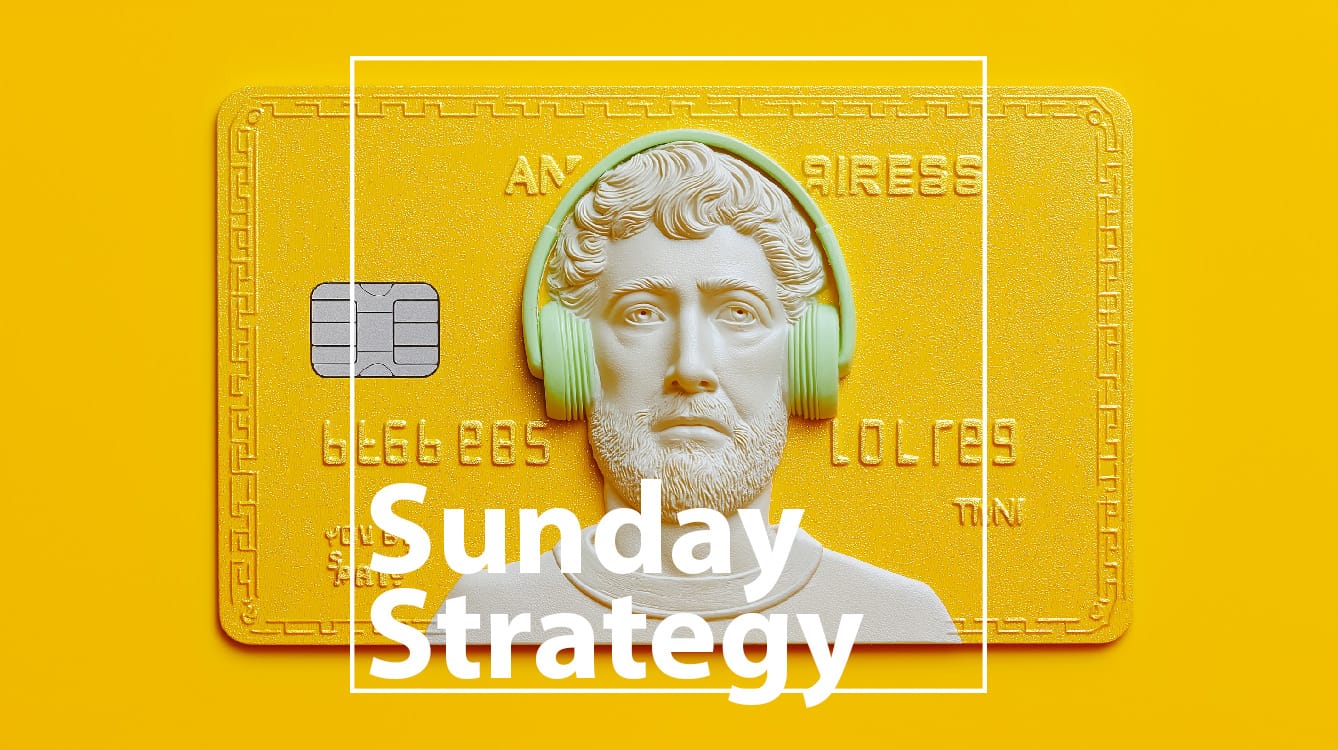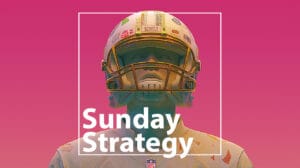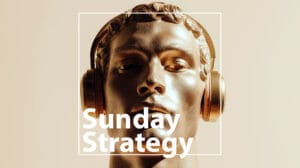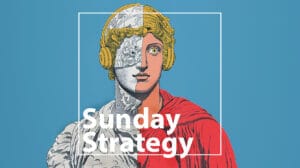In this issue of Sunday Strategy, we look at four stories to think about next week, including: Debit vs. Credit: The In-Between; Clarifying the American Dream; AI Goes Creative; Can 7-Eleven Expand Its Role? And Where the UK Wants Dogs & Kids?
In addition, we have ads from: Uber Eats, Sport England, Burger King and Tootsie Roll.
// Stories of the Week:
1.) Debit, Credit or Something Between?
As fintechs like Cash App, BNPL Klarna and even AMEX launch debit cards and younger audiences move away from credit – a shift between credit and debit card use is occurring in the US. A 2025 Cash App survey found that 63% of GenZ had ‘abandoned credit cards for other payment methods’ and somehow even more insultingly, half said ‘credit cards gave them the ‘ick’’. However, US households making $100k still report heavier credit card use, while also being the least likely segment to carry credit card debt. The payments market has arguably split, with more affluent consumers still enjoying rewards and exclusivity (without less fear of debt and increasing premium fees), while less affluent and younger audiences move away from the sector.
However, Chime’s recent launch of a secured credit card, with no annual fee, 1.5% cash back rewards on certain categories and more – may show brands can split the difference with a hybrid. As the largest US digital bank, its offering aims to give customers more of what credit cards offer, with less of the negative perception found in traditional credit brands. Will moves like this create a hybrid offering between traditional debit and credit cards or is the US shifting towards German style behavior (where credit accounts for 10% of purchases)?
2.) Clarifying the American Dream: Seeking Stability or Opportunity
Americans’ belief in achieving the American dream is at a record low. A new WSJ / NORC poll shows that nearly 70% of people believe ‘the American dream no longer holds true or never did’ and 25% say they have a good chance to improve their quality of life. The inability to achieve the ‘American Dream’ is additionally challenging because what it means differs across the population.
Gallup research shows that the American dream can mean stability or opportunity to different segments, with more affluent Americans ($100k+ HH), those with college degrees and those born outside the US more likely to associate it with opportunity. Those who see the American dream as opportunity are also more likely to believe they can achieve it and that it is important to believe in. The inability to achieve opportunity is a challenge for a dream of progression and upward American mobility. However, increased pessimism about an American dream of stability is more worrying, showing a view of the modern US, offering security that may never come.
3.) AI Companies Go Creative.
Can a company accused of harming creativity, make a creative culture of its own? OpenAI’s recent moves to hire its first global creative chief and its announcement of the creation of a feature film show that the firm doesn’t just want to co-exist with the creative community, it wants to be an active member of it.
Its film ‘Critterz’, the brainchild of a creative specialist at OpenAI, aims to launch at the Cannes film festival next year. The rapid timeline, launching a film in 9 months, instead of the traditional 3 years, highlights the production potential of the technology. However, between its AI provenance and its timeline to market, can it be given a fair chance? Or will it, and other creative endeavours from AI organizations, be seen as second class creativity masking a greater threat?
4.) Is America Ready for Japanese Style 7-11s?
Can 7-11 replicate its Japanese market position in the United States? As fast food brands reportedly lose share to convenience stores for breakfast sales, shoppers want better on-the-go value. Players like Wawa and Buc-ee’s have made inroads, but 7-Eleven’s international cachet could help it go further. In Japan, 7-Eleven sells egg-salad sandwiches that Anthony Bourdain once famously called ‘pillows of love.’ In the US however, the challenge will be bigger than importing hero items, they must build a broader offer that fits US supply chains and breakfast tastes. The opportunity is seemingly there, but success isn’t a given.
// Chart of the Week: Where Do Britons Think Dogs & Children Should Be Allowed?
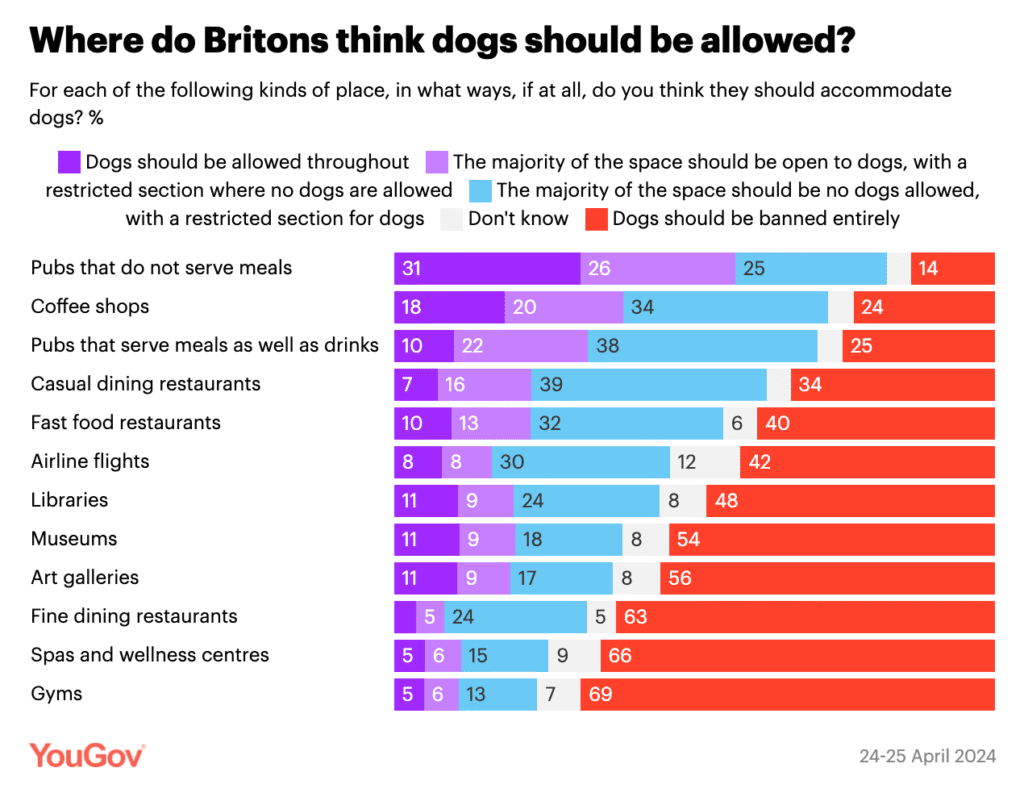

YouGov has recently resurfaced 2024 research which shows the country’s attitudes to where dogs and kids should be. As dog ownership exploded post pandemic, the last five years have seen rules around where dogs can be brought become a cultural battleground. Where either children or dogs are welcome has become more unclear and English pubs have often waded in declaring they’re proudly ‘child or dog free / friendly’.
YouGov’s research shows that Gyms and spas are the two areas the country can agree should be restricted for both, with over 60% saying they should both be banned. Pubs that don’t serve food (e.g. bars for the rest of us) are more welcome to dogs (57%) than children (30%). Alternatively, little support exists for dogs to visit our cultural institutions (20%) while over 80% believe children should be allowed (great for the next generation, terrible for my dog’s ability to appreciate Cezanne).
// Ads You Might Have Missed:
1.) ‘We Like the Way You Move’ – Sport England / This Girl Can:
The 10 year old ‘This Girl Can’ initiative from Sport England has created seminal work in pursuit of its mission to support sport and fitness activity amongst UK women. Its original 2015 work focused more broadly on getting women active, regardless of activity, size, ability, age or shape – leveraging Missy Elliott’s ‘Get Your Freak On’ and great copywriting to motivate and become a cultural rallying cry.
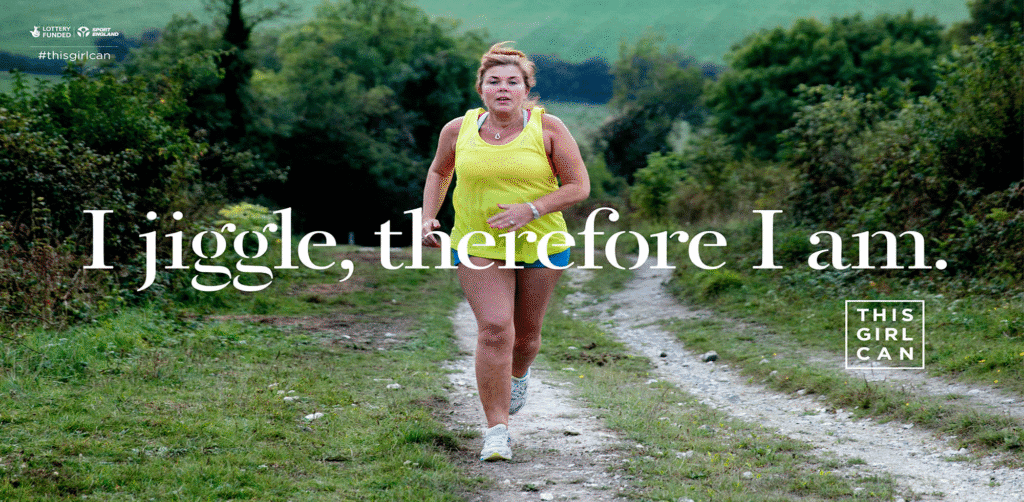

Its new entry, “We Like The Way You Move” narrows its focus towards specific groups, aiming to address activity levels amongst those from South Asian Muslim and Black communities, women aged 55-74, pregnant women and mothers with babies under one. Using street cast participants and sound tracked to BodyRockers’ ‘I Like the Way’, the ad borrows from its previous formula while shifting more into positivity without as many nods to what may keep women from being active.
2.) ‘Not Made by Gordon Ramsay’ – Burger King:
Gordon Ramsay pops up in lots of places, from Kitchen Nightmares to numerous owned chains – his presence cooking in a random kitchen isn’t too surprising. However, Burger King’s new UK campaign challenges this to promote their new ‘Wagyu Beef Burger’, featuring ads where the burger definitely isn’t cooked by Gordon. While he hovers around it and describes it, BK employees do what Kitchen Nightmares owners have failed to, refusing to let the celebrity chef cook.


The aim is to show so much confidence in their product that the chef’s skill wasn’t even needed and the campaign very clearly puts him in the periphery. However, some coverage of the burger undoes the good work – referring to it as endorsed or created by Ramsay. With so much muscle memory on how Gordon Ramsay and celebrity campaigns usually operate, as well as preconceptions about beef quality in fast food, Burger King seems to have an uphill battle to sell Wagyu in new ways.
3.) ‘How Many Licks’ – Tootsie Roll:
How much does a remake have to change a classic ad? Normally, a brand would think about new music (potentially with an up and coming artist), new art direction or updating classic lines for modern culture – often at the risk of brand heritage. Candy brand Tootsie Roll has taken an opposite approach with their latest update to the 50 year old ‘How Many Licks’ ad for Tootsie Pops.
The 2025 entry features the same lines, characters and question, “how many licks does it take to get to the center of a Tootsie Pop?” as the classic ad. The similarities may mean the ad is more of a remaster than a remake, which given their efforts in the 90s (which did fully remake the concept) may be a safer route.
4.) ‘Football is for Food: Bradley’s Mission’ – Uber Eats:
Uber Eats has continued this NFL season, where its Super Bowl ad left off – tackling the conspiracy that football only exists to sell food. Their big game ad, featuring Matthew McConaughey breaking down the history of food in the NFL, is book-ended by this season’s entry, featuring Bradley Cooper trying to persuade executives that the game is about more than what you eat. Looking to be the beginning of a season-long campaign, we can expect the two season’s narratives to collide sometime before this year’s big game.
While competitor DoorDash has doubled down on College Football Saturdays, with their DoorDash Streaks promotion, Uber Eats looks to use extended storytelling to remind people what wings might go well, coincidentally, with watching the Buffalo game.
// Sunday Snippets
// Marketing & Advertising //
– Footwear retailer Journeys piles on the 90s nostalgia with a remake of the New Radicals’ ‘You Get What You Give’ [Ads]
– World brings the risk of bots to life with a walking billboard [Ads]
– Looks like a tough travel market DOES beat a Jet2 Holiday [Travel]
– Health insurance costs look to rise most in 15 years in the US, worrying employers [Health]
– Whisky maker Ardbeg opens a luxury hotel on the isle of Islay [Travel]
– Cinnabon shuts all of its UK locations, 5 years after launch [Food]
– The Kansas City Chiefs release 5 new ‘international’ mascots that seem more Google translate than transcreate [Sports]
– What’s driving the success of alcoholic brand ‘BuzzBallz’? [Food]
– Fresh off a Goat to celebrate tennis, Lacoste is changing their logo to Godzilla in a new collaboration [Fashion]
– Postal traffic into the US plunges 80% after tariff exemptions expire [Marketing]
// Technology & Media //
– xAI lays off 500 data trainers [AI]
– Ralph Lauren launches ‘Ask Ralph’ an AI powered stylist [AI]
– How the world fell in love with British content creators [Social Media]
– As it crushes under the weight of content, are we in the last days of social media? [Social Media]
– As its owner fades from a daily presence in the news and no major competitor has scaled to replace it, are liberal users returning to X? [Social Media]
– Vodafone tests an AI influencer in Germany [Ads]
– YouTube expands multi-language audio support for creators [Social Media]
// Life & Culture //
– Researchers have quantified how much hot weather drives our love of ice cream [Food]
– Amongst tension between drug users and residents, Narcan is becoming a weapon in San Francisco [Culture]
– For only $350, Home Depot can help you get your own 7.5ft tall Christmas Chewbacca for the holidays [Culture]
– To help promote its school phone ban, NYC has released a mascot ‘Frankie Focus’. No word if a child in Roblox withdraw has attacked it yet. [Culture]
– Threatened by Apple Music gains, Spotify is launching loss-less music [Music]
– In a direct affront to the LL Bean catalog, Crocs has launched boat shoes [Fashion]
– Alcohol free, coffee powered ‘soft clubbing’ grows in Australia [Music]
– RedBull unveils the world’s tallest skate ramp in Brazil [Sports]
// Until Next Sunday
As always, let me know what you think by email (dubose@newclassic.agency), website or on LinkedIn.
You can also listen to an audio summary and discussion of each week’s newsletter on Spotify. We’re also on TikTok!
